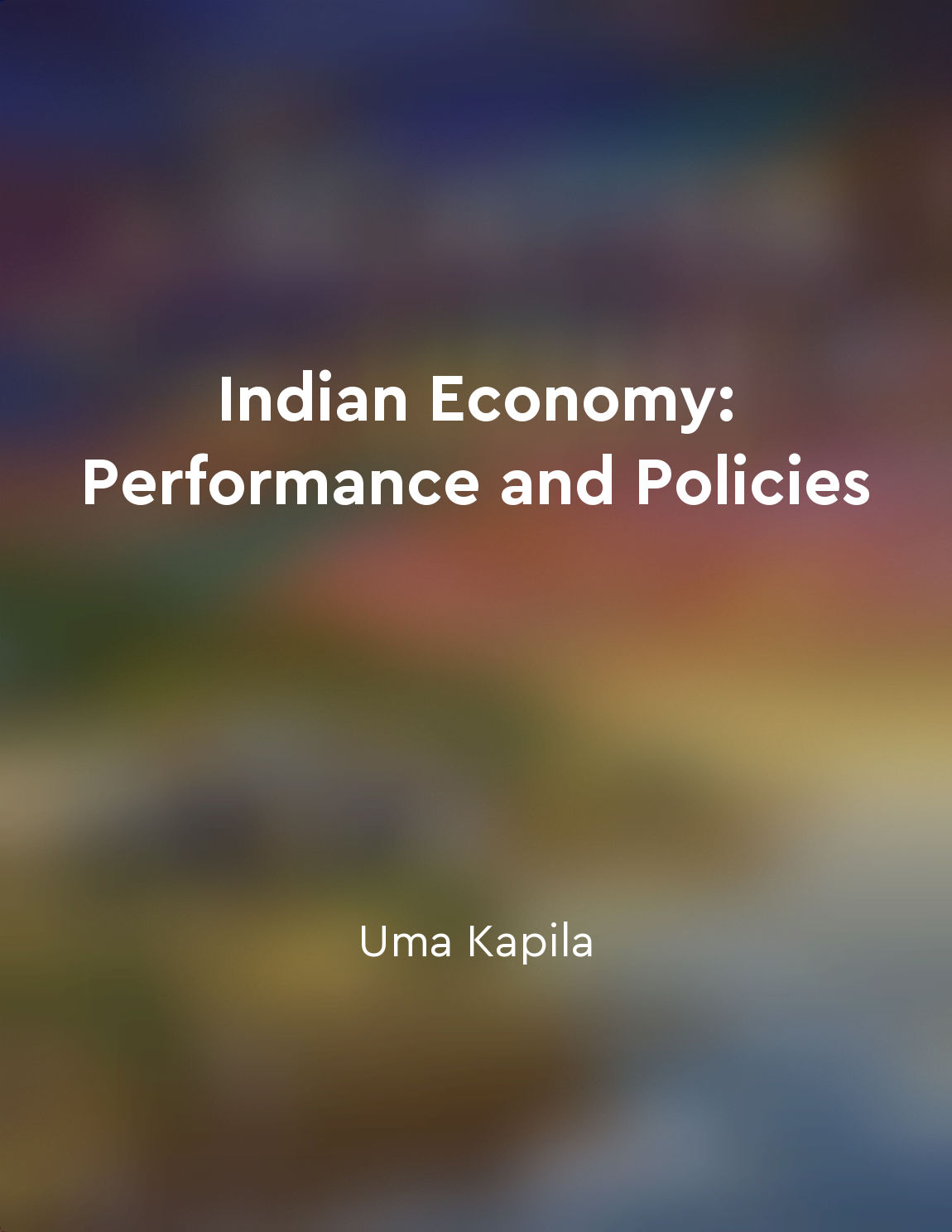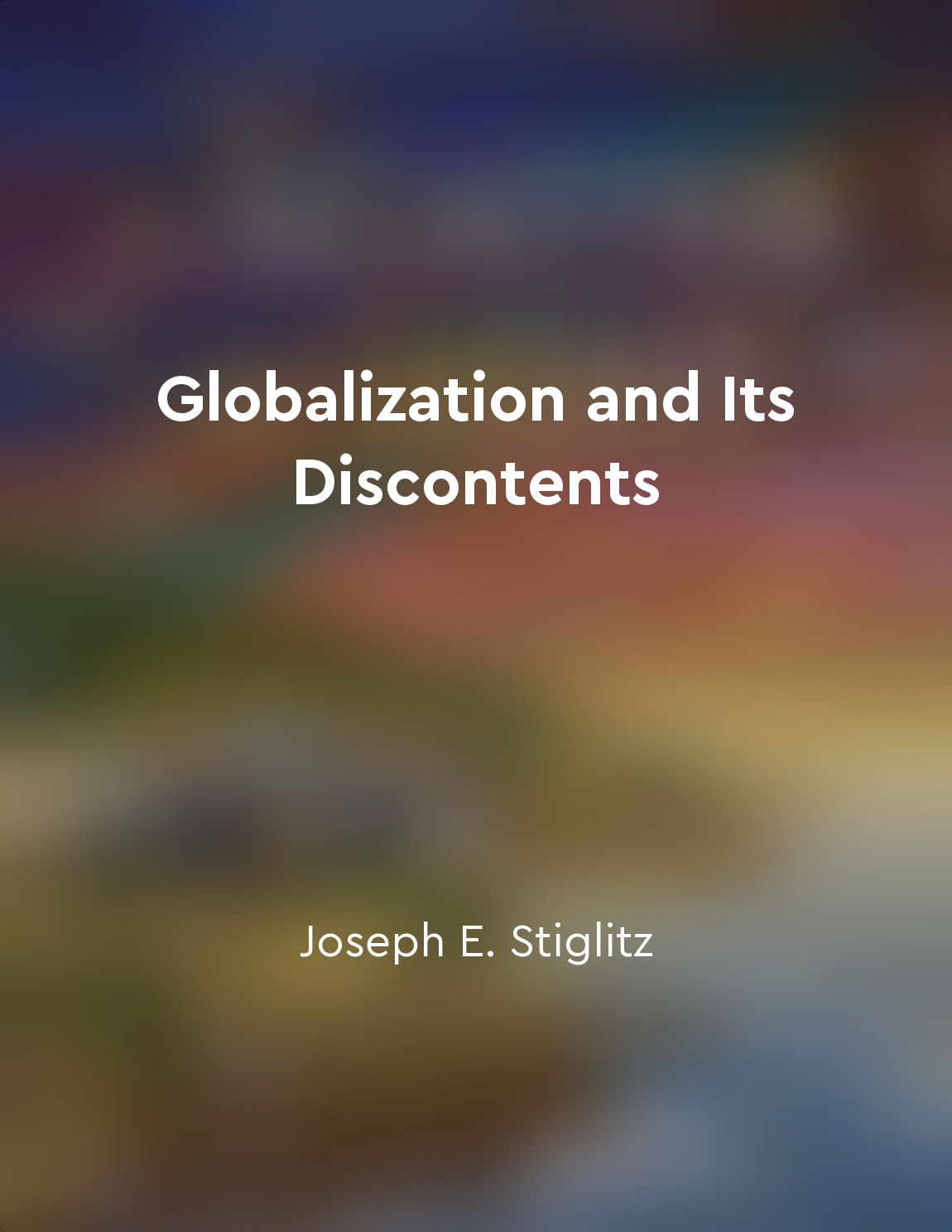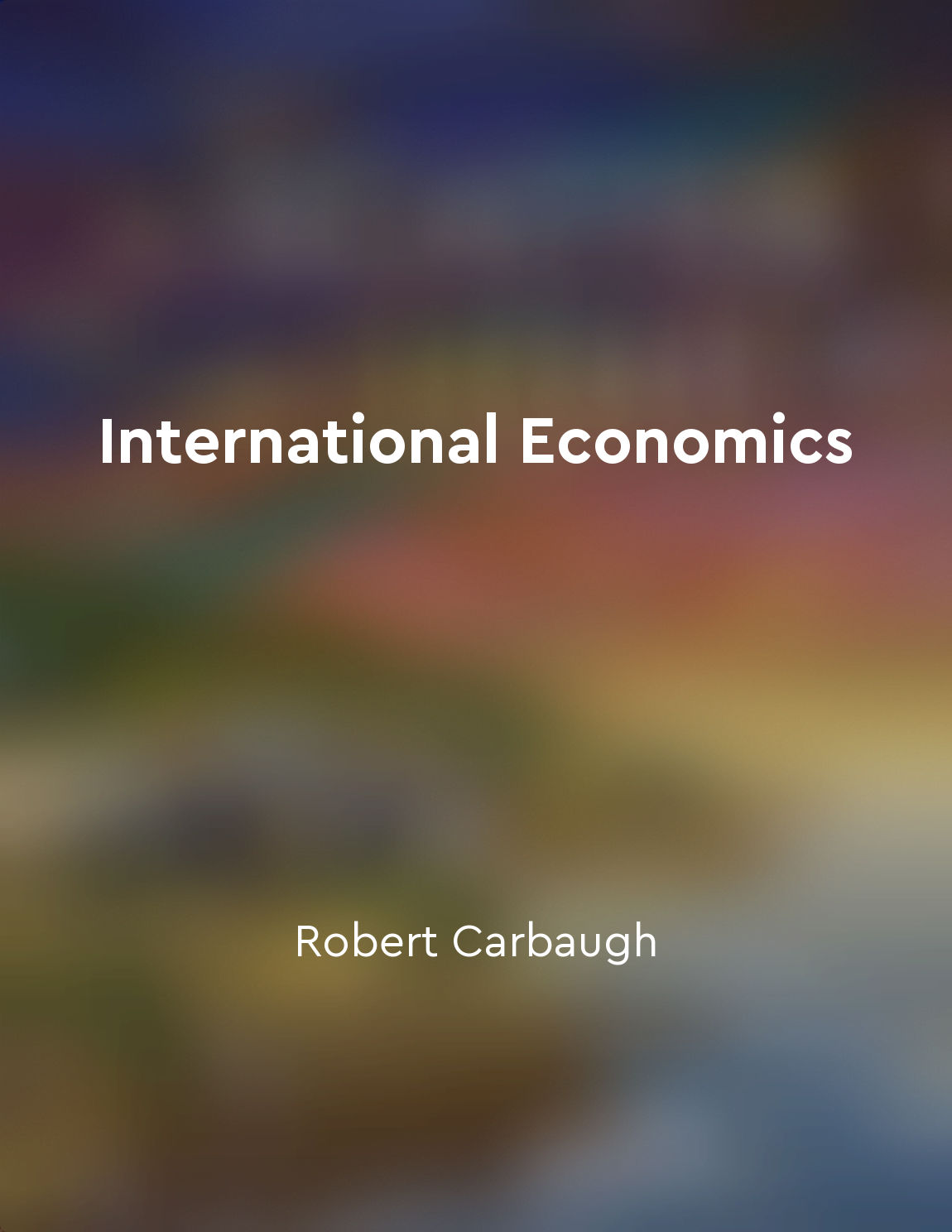Audio available in app
Trade deficits can impact a country's economy from "summary" of International Economics by Robert Carbaugh
A trade deficit occurs when a country imports more goods and services than it exports. This imbalance can have significant consequences for the economy of a nation. When a country runs a trade deficit, it means that it is spending more money on imports than it is earning from exports. This can lead to a decrease in the country's overall wealth and a drain on its resources. One of the main impacts of a trade deficit is the loss of jobs in the domestic economy. When a country imports more than it exports, it means that domestic industries are not able to compete effectively with foreign producers. This can lead to layoffs and closures of businesses, particularly in sectors that are heavily reliant on international trade. Additionally, a trade deficit can lead to a decline in the value of a country's currency. When a country is consistently importing more than it is exporting, it means that there is a higher demand for foreign currencies to pay for imports. This can put downward pressure on the country's currency, making imports more expensive and exports cheaper. This, in turn, can further exacerbate the trade deficit. Another consequence of a trade deficit is the accumulation of foreign debt. When a country is importing more than it is exporting, it means that it is essentially borrowing from other countries to finance its consumption. This can lead to a build-up of foreign debt, which can have serious long-term implications for the country's economic stability.- A trade deficit can have significant impacts on a country's economy, leading to job losses, currency depreciation, and increased foreign debt. It is important for policymakers to address trade imbalances to ensure the long-term health and prosperity of the economy.
Similar Posts
The principle of autonomy of parties governs international contracts
In the realm of international trade, the principle of autonomy of parties plays a pivotal role in governing contracts. This pri...

Financial liberalization has created new opportunities and challenges for markets
Financial liberalization has had a profound impact on markets around the world. By removing restrictions on the flow of capital...

Public private partnership initiatives key development
Public private partnership initiatives have emerged as a key strategy for fostering development in various sectors of the India...

Cooperation between nations is essential to address global challenges
Global challenges such as climate change, pandemics, and financial instability do not respect national borders. These issues re...

The free market rewards hard work and innovation
In a free market economy, individuals are motivated to work hard and innovate because they know that their efforts will be rewa...
Citizens lack power to affect change
The prevailing narrative in our society today is that ordinary citizens have little power to shape the course of events. We are...

Stay informed about market trends and economic indicators
To navigate the volatile waters of the financial markets, it is crucial to stay on top of market trends and economic indicators...

Economic principles shape policy decisions
Economic principles are the foundation upon which policy decisions are made. These principles serve as guidelines for policymak...
Technology plays a crucial role in development
Technology is a critical determinant of economic growth and development. It plays a pivotal role in enhancing productivity, eff...
Aggregate demand drives economic activity
The level of economic activity in a country is determined by the total amount of goods and services that households, firms, and...


